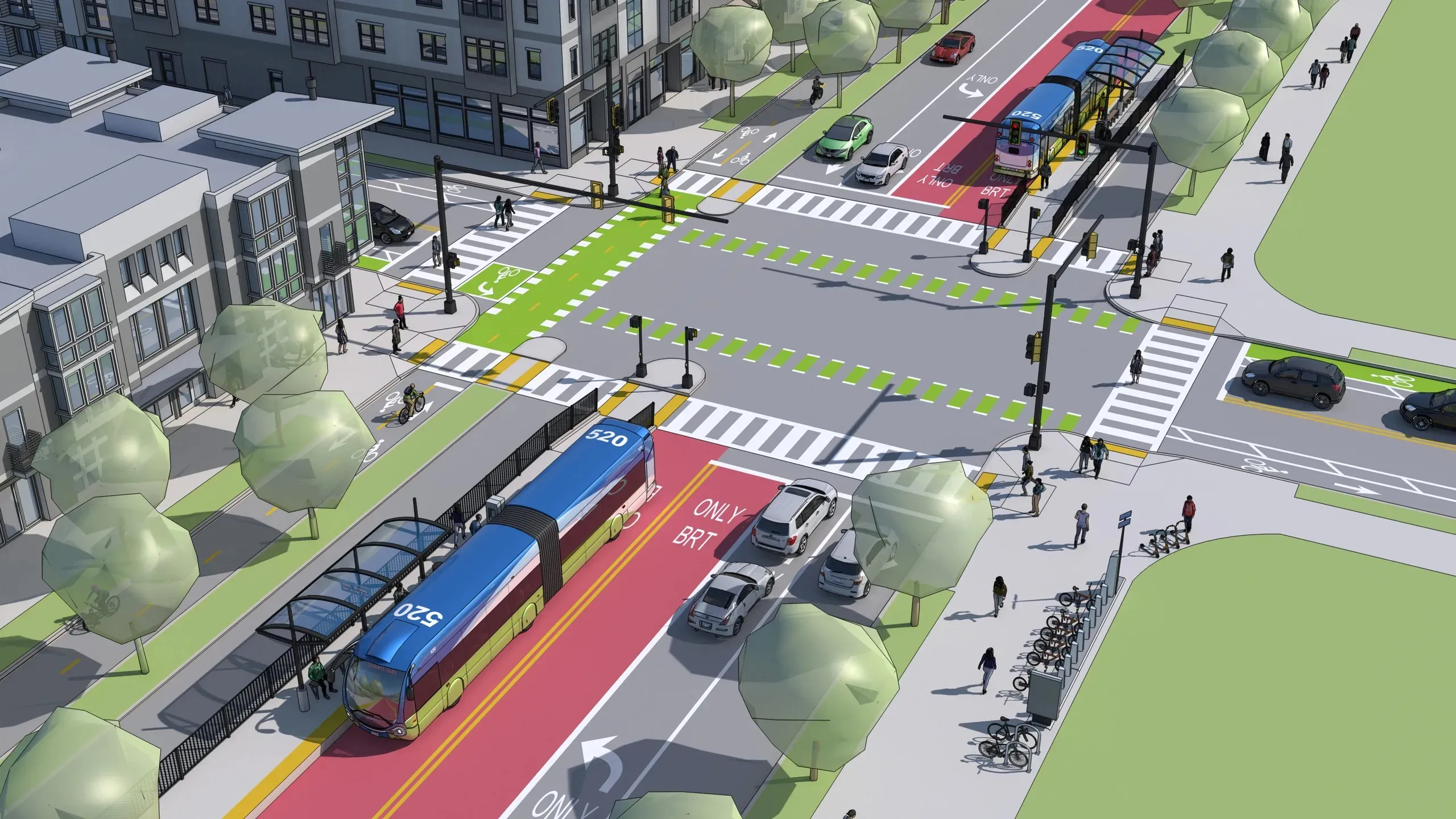The Colorado Department of Transportation (CDOT) has explored a number of ways to find sustainable road funding. It is facing a nearly US$1 billion annual funding gap over the next 25 years and is looking to explore transportation funding alternatives as the fuel tax continues to become less reliable over time, due decreased purchasing power and more fuel efficient and electric vehicles. This pilot is the first step in an extensive process of evaluating the concept alongside other funding alternatives.
I
November 18, 2016
Read time: 2 mins
The 5701 Colorado Department of Transportation (CDOT) has explored a number of ways to find sustainable road funding. It is facing a nearly US$1 billion annual funding gap over the next 25 years and is looking to explore transportation funding alternatives as the fuel tax continues to become less reliable over time, due decreased purchasing power and more fuel efficient and electric vehicles. This pilot is the first step in an extensive process of evaluating the concept alongside other funding alternatives.
It has now launched the Colorado Road Usage Charge Pilot Program (RUCPP) website to test whether road usage charging, where, instead of paying a tax on how much fuel is purchased, drivers pay a fee for how many miles are travelled, could be feasible for Colorado.
The pilot will research how a pay-by-mile system compares to current gas tax paid. Research topics include: mileage-reporting technologies along with a manual-reporting option; how these technologies work in Colorado's environment; and the difference between rural and urban drivers and others.
CDOT hopes to gain real-world experience about road usage charging as a funding alternative. Approximately 100 Colorado drivers will participate in the pilot study, which will begin in late fall and end in spring 2017. The research team will share its findings later in 2017. Would-be participants can express interest via the website.
"Colorado's population is expected to nearly double by 2040 to 7.8 million residents, bringing more demands for mobility, and on our transportation infrastructure," said CDOT executive director Shailen Bhatt.
"A healthy transportation system is the backbone of our state's economy and way of life. As the state's transportation funding gap under the current gas tax grows, we need to explore possible funding opportunities, such as road usage charging (RUC), to ensure Coloradans the mobility they need to live, work and play."
Tim Kirby, CDOT's manager of Metropolitan Planning Organisations (MPO) & Regional Planning section, said, "The Colorado Road Usage Charge Pilot Program will engage a diverse group of drivers, from rural to urban, mountains to plains, and cars and trucks to be participants. We look forward to learning from the RUC pilot participants' experiences to learn more about this potential funding alternative."
It has now launched the Colorado Road Usage Charge Pilot Program (RUCPP) website to test whether road usage charging, where, instead of paying a tax on how much fuel is purchased, drivers pay a fee for how many miles are travelled, could be feasible for Colorado.
The pilot will research how a pay-by-mile system compares to current gas tax paid. Research topics include: mileage-reporting technologies along with a manual-reporting option; how these technologies work in Colorado's environment; and the difference between rural and urban drivers and others.
CDOT hopes to gain real-world experience about road usage charging as a funding alternative. Approximately 100 Colorado drivers will participate in the pilot study, which will begin in late fall and end in spring 2017. The research team will share its findings later in 2017. Would-be participants can express interest via the website.
"Colorado's population is expected to nearly double by 2040 to 7.8 million residents, bringing more demands for mobility, and on our transportation infrastructure," said CDOT executive director Shailen Bhatt.
"A healthy transportation system is the backbone of our state's economy and way of life. As the state's transportation funding gap under the current gas tax grows, we need to explore possible funding opportunities, such as road usage charging (RUC), to ensure Coloradans the mobility they need to live, work and play."
Tim Kirby, CDOT's manager of Metropolitan Planning Organisations (MPO) & Regional Planning section, said, "The Colorado Road Usage Charge Pilot Program will engage a diverse group of drivers, from rural to urban, mountains to plains, and cars and trucks to be participants. We look forward to learning from the RUC pilot participants' experiences to learn more about this potential funding alternative."









